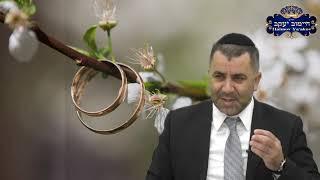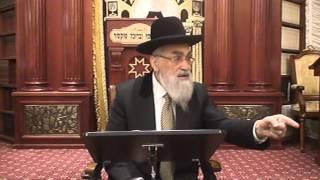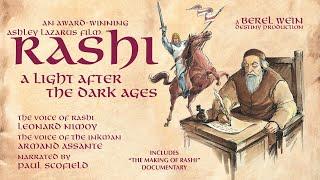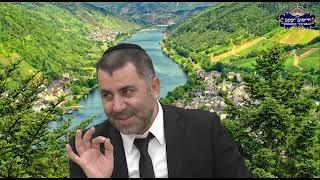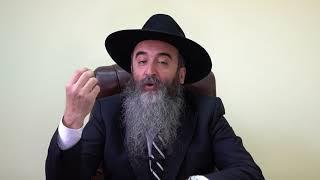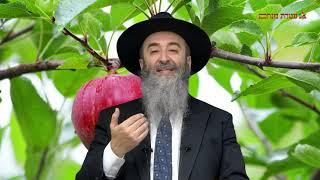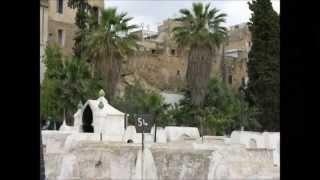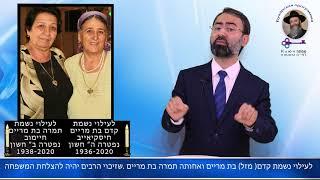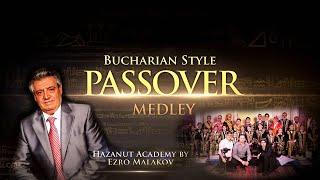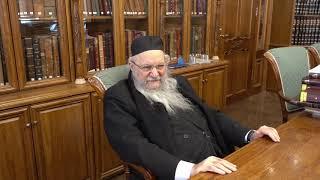Problems playing the video? Click Here to reload
Watch Videos: Random | New | Popular
All Essays | Report Video
|
Share Video
- Buy Us a Coffee -
Rabbi YY Jacobson
Black Eggs and White Cheese
For Source Sheets: https://www.theyeshiva.net/jewish/122
The Talmud (Bechoros 8b) recounts the tale of a fascinating confrontation that occurred between the ‘Wise Men of Athens’ and the Great Sage of Israel, Rabbi Yehoshua ben Chananya. Athens was known in the ancient world as the seat of wisdom and philosophy, and its philosophers saw themselves as the deepest and wisest thinkers of the time. Amongst the sages of Israel, Rabbi Yehoshua stood out as the sharpest and most quick-witted, able to best anyone in an argument." Rabbi Yehoshua was a remarkable man. Although a fearsome debater and a brilliant scholar, to earn a livelihood he would sell charcoal. He was also a Levite who played music in the Second Temple, and witnessed its devastating destruction. In the following decades, from the darkest times in all of our history, Rabbi Joshua served as the most prominent spokesman for Judaism and the Jewish people. So when the Roman Caesar demanded to test who was wiser, the Jews or the Greeks, Rabbi Yehoshua was the unanimous choice for representing the Torah of Israel."
Sixty sages of Athens challenged the Jewish sage and the battle of wits began. The Talmud records the dialogue between these sages, back and forth, all in the form of a cryptic exchange of riddles. The Wise Men of Athens would challenge Rabbi Yehoshua, and without fail Rabbi Yehoshua would respond with an answer, usually in the form of a counter-question. " Part of this historic exchange went like this: The Sages of Athens asked: ‘If a chick dies while in the egg, before the egg is hatched [and it is sealed from all sides], from where does its soul escape?’ Rabbi Yehoshua replied: ‘The soul departs through the same place it entered.’ They asked him, ‘When salt gets spoilt, what do we use to preserve it?’ His response: ‘We use the afterbirth of a mule.’ ‘But do mules have afterbirth?’ they asked. [A mule cannot give birth.] ‘Does salt spoil?’ he retorted." "They asked him, ‘When salt gets spoilt, what do we use to preserve it?’ His response: ‘We use the afterbirth of a mule.’ ‘But do mules have afterbirth?’ they asked. [A mule cannot give birth.] ‘Does salt spoil?’ he retorted.
Each one of these dialogues—and there were many of them—begs explanation. What do these bizarre questions really mean, and what lies behind the sharp answers? What wisdom is being displayed here? " "Here is one more, equally strange. The Sages of Athens showed Rabbi Yehoshua two eggs, and asked him, ‘Which of these eggs came from a white hen and which from a black hen?’ Rabbi Yehoshua presented before them two pieces of cheese and asked, ‘Which of these cheeses is from the milk of a white goat, and which from the milk of a black goat?’ And it was this response that finally silenced the Athenians. They conceded defeat. But why? What were they asking, and how were they answered? They came with eggs, he responded with cheese. What’s going on here?
This class will explore the symbolism behind this exchange, showing the Jewish response to pain, suffering, and a long and better exile.
in English
- Category
- Tisha B'Av
- Tags
- tisha b'av







